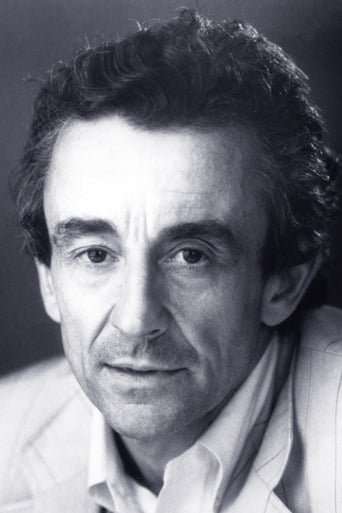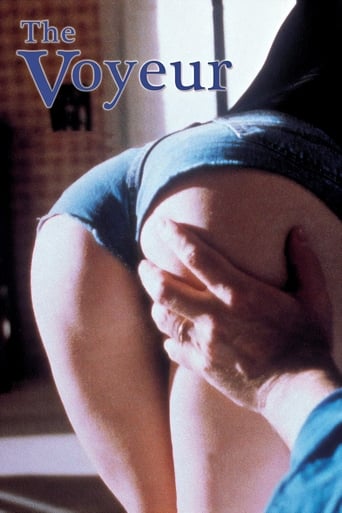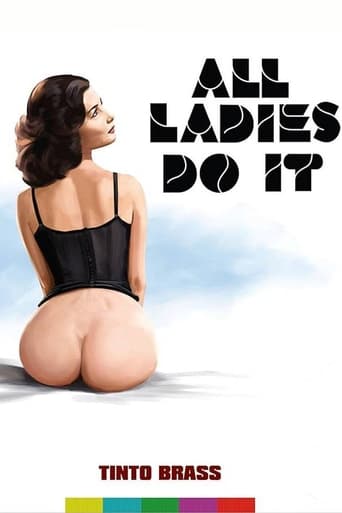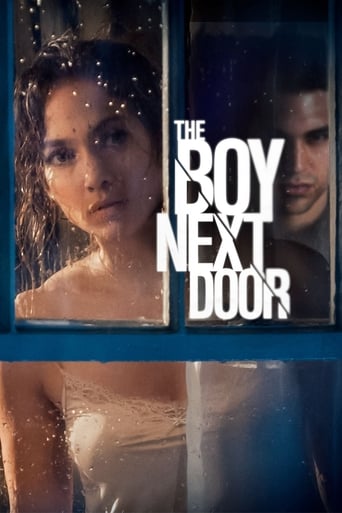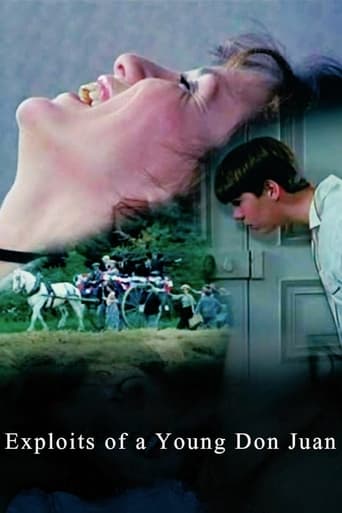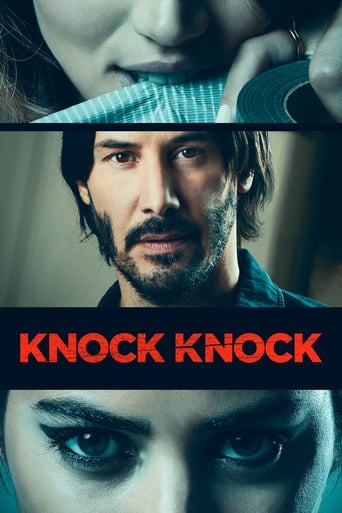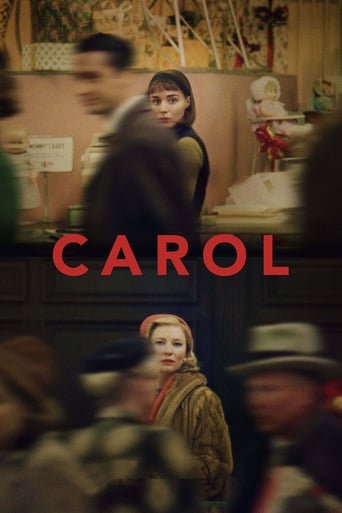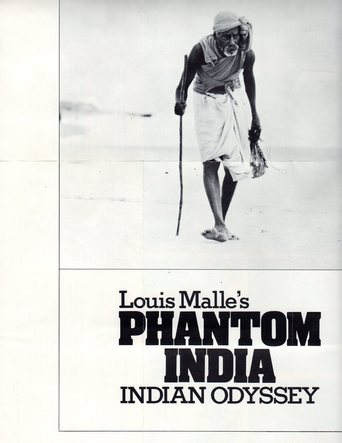

Phantom India (1969)
Louis Malle called his gorgeous and groundbreaking Phantom India the most personal film of his career. And this extraordinary journey to India, originally shown as a miniseries on European television, is infused with his sense of discovery, as well as occasional outrage, intrigue, and joy.
Watch Trailer
Cast


Similar titles
Reviews
"Phantom India: Reflections on a Journey" is an epic 7 part cine-essaylogue (travelogue + cine-essay) in which we are shown the people, places, practices, customs, Gods, celebrations, festivals, rituals, cultures, mythology, traditions, castes, religions, gurus, minorities, food, art, economics, politics, and various ways of life found throughout India, as seen through the camera lens of Louis Malle. Malle does not remove himself from the documentary in an objective way, rather, we are poetically led through the documentary as if experiencing India from the mind of Malle himself- much like Chris Marker, but with more vanity. It is absolutely fascinating being immersed in late 60's India, and seeing it through the reflections of Malle makes it interesting, entertaining and at times even humorous! Malle does not hide the fact that he is essentially ignorant to many of the practices and customs to which the Indians (especially the Upper Castes) cling to and hold so dear. Some of them he finds intriguing while others he finds to be exploitative. Just released by Criterion on DVD restored from the French Film Archives: the series is 7 x 51 (or so) minute episodes. 7.5 out of 10.
I don't often review films but in this case I felt I had to balance the positives I see here. Yes, this is a fascinating portrait of the India of over 40 years ago. It has changed a lot since then, so it's valuable to have this social document. And it is true that Malle's identification of the dangers of globalization and Western values was prescient. BUT the film is also an unintended document of French leftist cultural arrogance, self- indulgence, and prejudices. This is not exactly a criticism - I was amused as often as irritated - but it was not what I expected from the reviews I read. The footage is often haunting and beautiful. But all the while Malle's deeply felt narration piously deplores: Indian poverty and backwardness, the depredations of economic growth, the oppression of the priests and other Brahmins, the "enslavement" of animals as labor (esp. elephants) the viciousness of British colonialism (as opposed to just any version; one assumes the French version was better as in all things) the infighting among otherwise brave and forward-thinking communists, and finally, the unwillingness of the peasantry to rise up in glorious armed revolution! I am not kidding, in episode 4 he literally laments the people's lack of violence. Again, documenting those views is no bad thing. He does make useful political observations that are at least as relevant today. And his narration of his personal journey and evolution, while it rings pretty self-indulgent, seems sincere. He does slowly shed some of his arrogant assumptions of superiority. But you need to be in the mood. I got tired of it by the end of the 1st disk, in spite of the many wonderful visuals.
In today's fast-paced world, not often one can sit for six hours to watch a film documentary. However, you will not be disappointed viewing this masterpiece.I agree with the previous person's comments & highly recommend this classic. It is hardly ever shown. I managed to see it at the art institute over 10 years ago and am hoping to see it again. I hope there is still a good print in existence. Release it on DVD, please!At last Criterion is releasing a DVD on 4/24/07. I just got a newsletter from Criterion and it is part of their "Eclipse" series.
One of my favorite movies of all time, like being in India without the smells. Some of the political talk at the end is really boring, but also realistic. Malle and his crew travel through India, and film and film and film - 6 hours worth. Two of the sections are fantastically beautiful: one in a dance school, where you can feel the camera getting hooked on the dance, and just staying and staying, and one in this impossible religious procession, where every minute is a miracle. The rhythm of the film is the rhythm of India. At first the camera is edgy and tense, and eventually it just succumbs and watches. This film once played in cult movie houses a lot. I don't know why it hasn't become a video classic.


